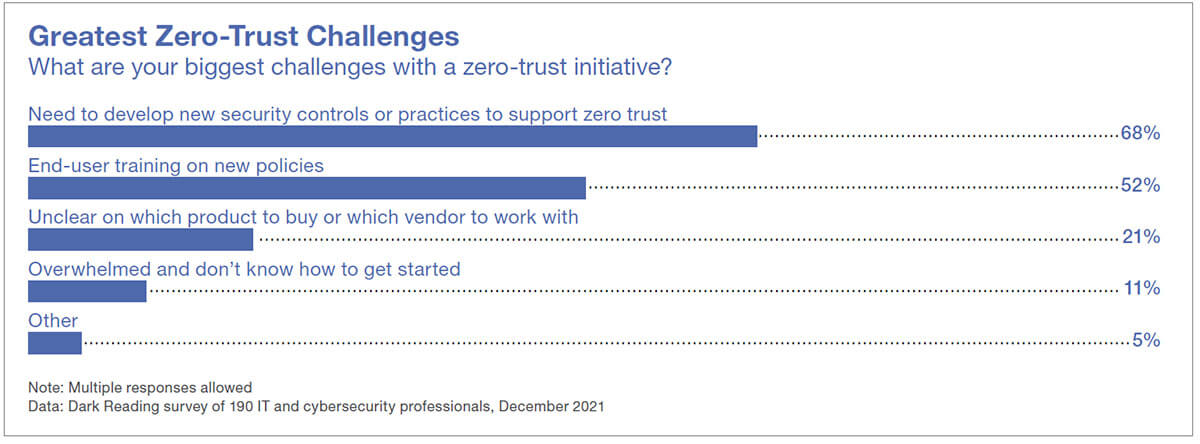Casa Systems has found its foothold in wireless, and now it’s ready to go toe-to-toe with the likes of Ericsson and Nokia. The Massachusetts company has been a longtime supplier of network equipment for cable operators, but as that market has slowed, Casa has turned its attention to wireless network equipment. On its most recent earnings call, the company said wireless revenue now exceeds cable revenue, adding that it recently introduced high-power 5G millimeter wave customer premise equipment. The 5G antenna was developed in partnership with fixed wireless access specialist NetComm, which Casa recently acquired.
According to analyst Simon Leopold of Raymond James Equity Research, Casa’s fixed wireless business is promising, but he believes carriers are currently more focused on other parts of the 5G market, such as mobile broadband and 5G for the enterprise. Casa has 5G solutions for the RAN and the core, but here Leopold notes that the company faces stiff competition. “Competing in mobility software pits Casa against entrenched and powerful players including Ericsson, Cisco, Nokia, Huawei and the more recent entrant Microsoft,” he wrote in a recent note. “This may be why Casa’s success has occurred with lower margin hardware.”
Casa’s management team appears undaunted by the competitive landscape. CFO Scott Bruckner told FierceWireless that carriers want to use Casa’s core network solutions for edge-based deployments because it has been purpose-built for cloud-native environments. “They are not seeing this from incumbents,” Bruckner said.
Bruckner thinks Casa will also gain market share by being a loyal carrier partner when incumbents are tempted to bypass carriers and market solutions directly to enterprise customers. “We understand that the large incumbents are trying to use their position to try to go direct to enterprise,” Bruckner said. “That has created a very significant opening for disruptive players like us to step in and be a direct [carrier] partner into the enterprise.”
Private networks
In the U.S. wireless equipment industry, the largest incumbents are of course Ericsson and Nokia. Nokia has a robust private networks business and at times does business directly with enterprise customers. Ericsson has a private network solution as well, but has not said that it will compete with its carrier customers by marketing directly to the enterprise.
Casa is not the only company trying to seize the private network opportunity to take carrier business away from larger vendors. The market for private network core solutions is a competitive one, which includes a number of smaller providers such as Druid Software, Quortus, Celona and Athonet. The RAN side of the market is also competitive, especially now that CBRS spectrum is commercially available. CommScope’s Ruckus Wireless, Baicells and BLiNQ Networks are among the many suppliers here.
Casa has distinguished itself by marketing private network equipment for both the RAN and the core. “Casa is basically providing both radio units and baseband units. We integrate that of course with our core to provide a solution,” CEO Jerry Guo told FierceWireless. “Especially in the 5G world, the core is so complex [that] a lot of the carriers or enterprises actually expect the technology supplier to integrate everything, including the core side plus the subscriber management side and then the radio side .. and then put that on the platform, whether the platform is a private cloud or public cloud. They expect the main core vendor to do that integration. I think that’s actually the expertise we have.”
Casa Systems says vertical and horizontal control plane scaling are important parts of a 5G core network solution.
Integration of 5G networks could become a huge business if, as expected, many of these networks are customized enterprise solutions. “We really do have a strong belief, particularly talking to our carrier customers and partners, that that’s where the biggest percentage of spend is going to be in the 5G space,” said Bruckner. “So we think it’s an excellent opportunity.”













